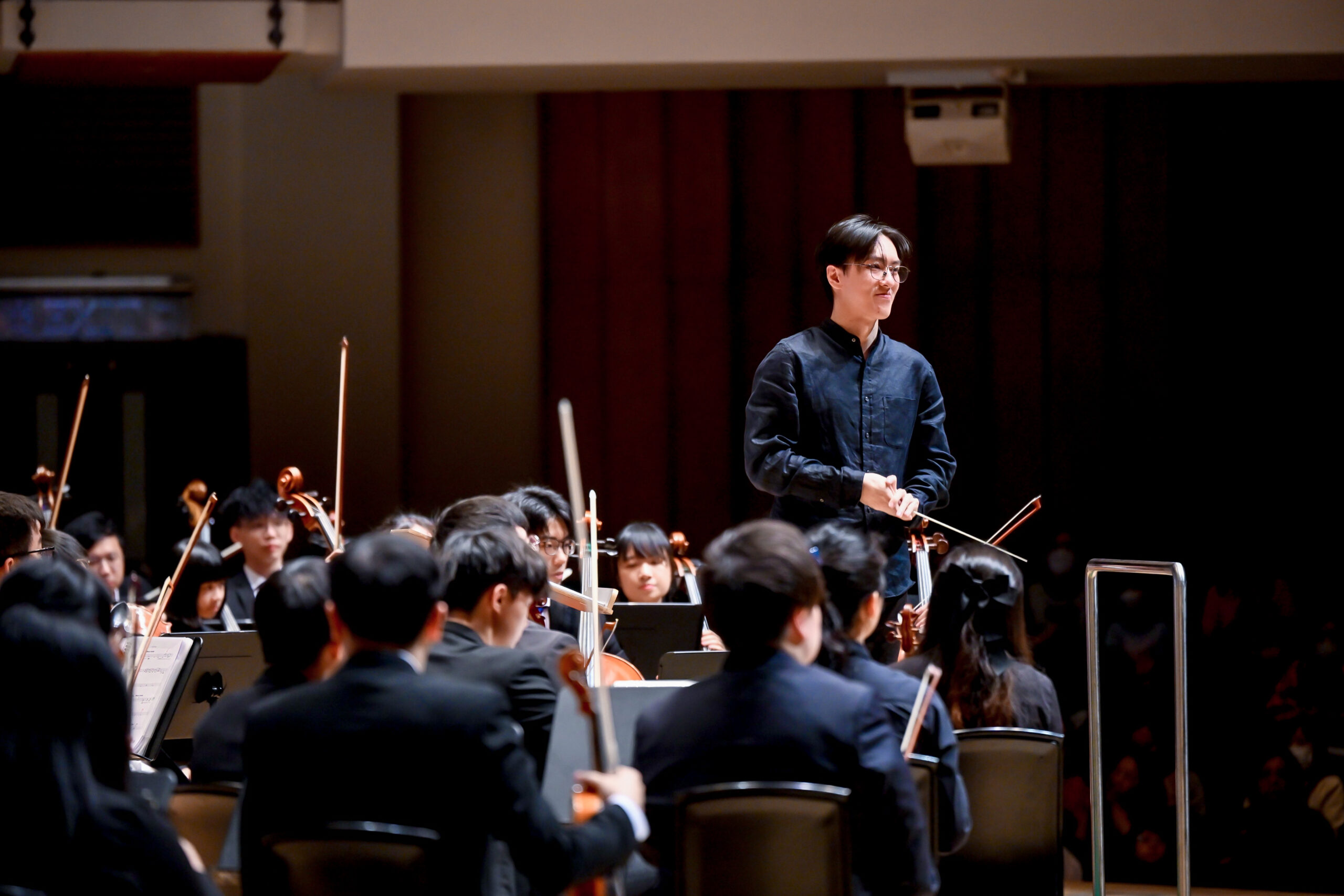
Articles
Below are some music-related topics that you may find useful.
-
Preparing for ABRSM Music Theory Exams: A Quick Guide

This post emphasises the importance of ABRSM Music Theory in developing music skills for students at all levels, covering Grades 1-8. It outlines the foundational knowledge acquired in lower grades and advanced concepts in higher grades. The author offers personalised lessons to enhance understanding and exam readiness, fostering a lifelong appreciation for music.
-
Nailing the A Level Music Listening Exam

Preparing for the A Level Music Listening Exam can be a daunting task, but with the right approach, you can approach it with confidence. This exam assesses your aural perception, musical understanding, and ability to connect different musical styles. Here are some tips to help you excel in your Listening Exam.
-
Some Thoughts on Counterpoint
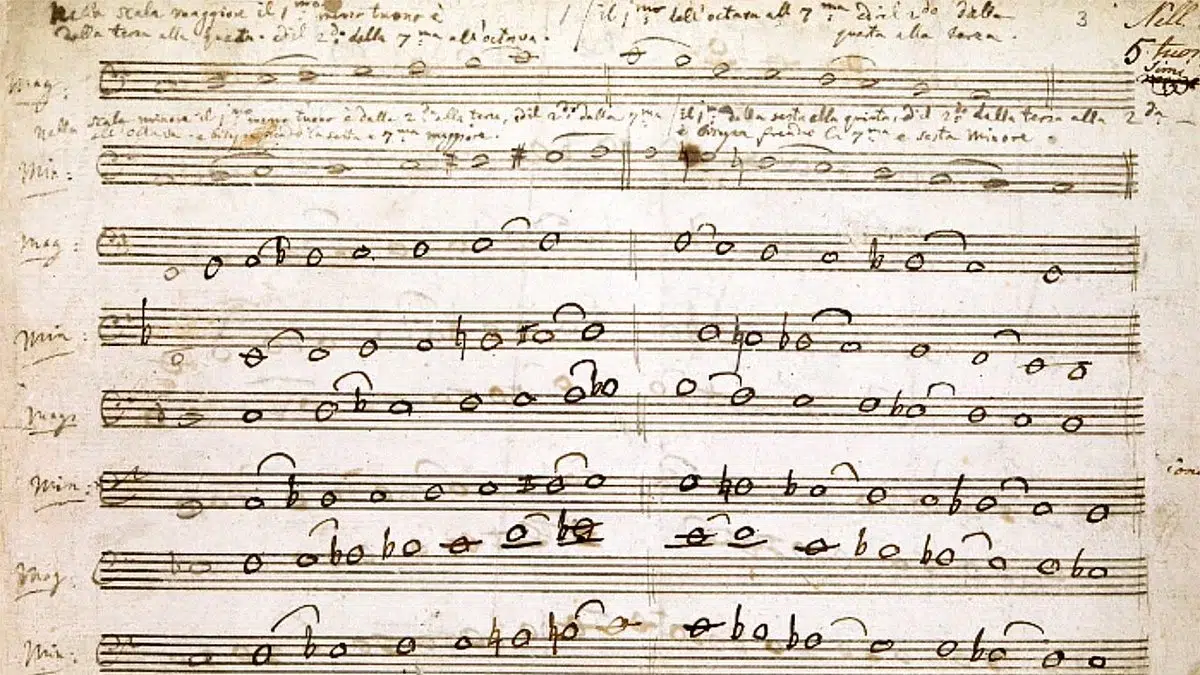
I love counterpoint, perhaps more than harmony. It’s not just a compositional technique—it’s a way of thinking about music as a structure, where independent voices converge, clash, and harmonise in ways that feel both inevitable and surprising. For me, writing contrapuntally is like solving a puzzle, or doing sudoku, but one where every choice has…
-
Introducing ABRSM Grade 6 Music Theory
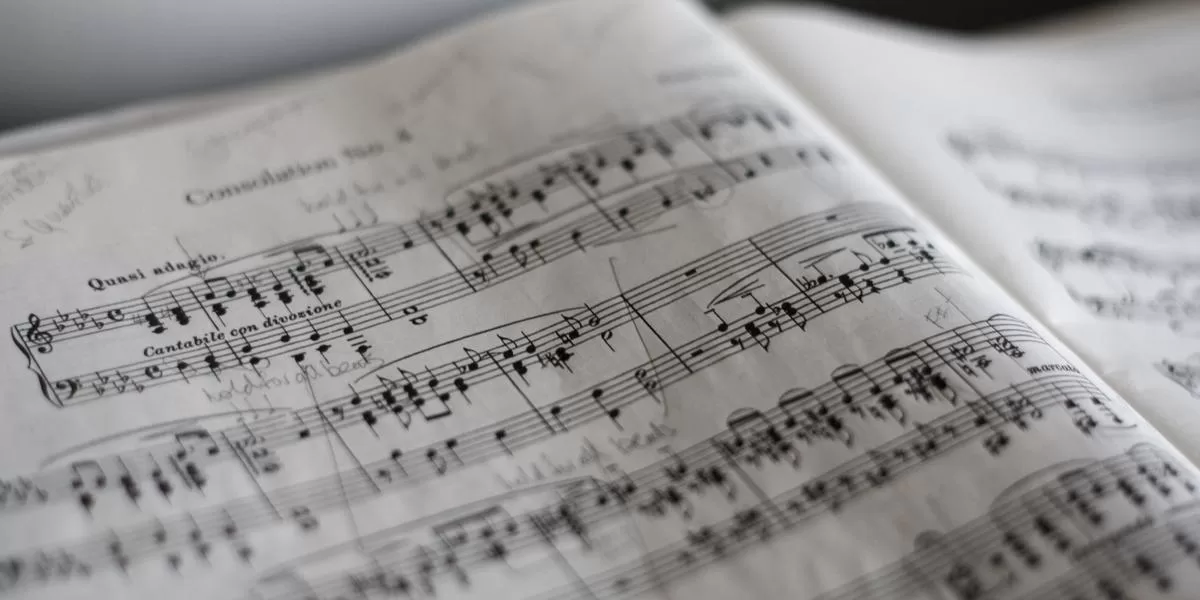
Are you preparing for the ABRSM Grade 6 Music Theory exam? This level marks a significant step up from Grade 5, with more than half of the exam now requiring you to write music by hand. If you haven’t spent much time practising handwritten notation, it’s essential to start early to ensure neat and accurate…
-
Understanding GCSE Music: A Quick Guide

GCSE Music is a UK qualification for students aged 14-16, encompassing three main components: listening, performing, and composing. It helps develop musical skills, enrich creativity, and broaden knowledge of various musical styles. Studying it prepares students for further academic pursuits in music while fostering a lifelong appreciation for the subject.
-
IB Music: An Insider’s Guide to Success

I did my IB Music back in the days. This comprehensive guide provides valuable insights and tips to help you excel in your IB Music studies while focusing on the essential elements of exploring, experimenting, and presenting music, as well as the significance of the three contexts.
-
Why Past Papers Are Essential for ABRSM Grade 5 Music Theory
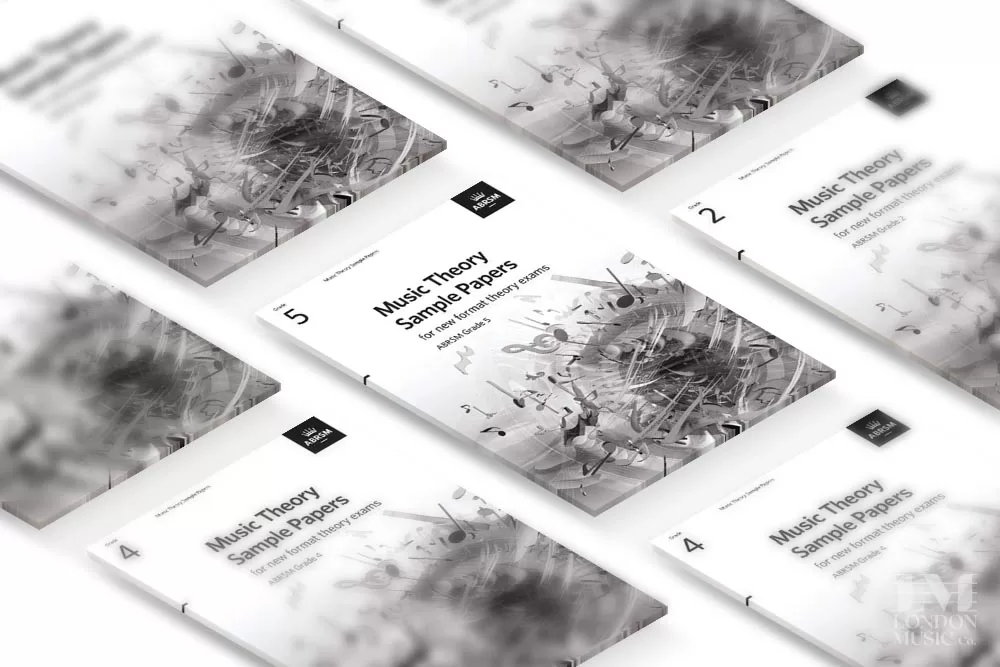
The ABRSM Grade 5 Music Theory exam requires effective preparation, primarily through practice papers. These tests familiarise students with the exam format, identify knowledge gaps, and improve speed and accuracy. Essential strategies include time management, limiting notes, reviewing mistakes, and refining timing. Consistently scoring well on practice papers indicates readiness for the exam.
-
Introducing ABRSM Grade 8 Music Theory

The ABRSM Grade 8 Music Theory exam marks the pinnacle of academic achievement within the ABRSM theory framework. It demands a sophisticated understanding of harmony, structure, and historical practices, offering students the tools to engage with music at a professional level. This exam will challenge your creative thinking, analytical skills, and stylistic awareness, preparing you…
-
Transitioning from ABRSM Grade 5 to Grade 6: Tips & Insights
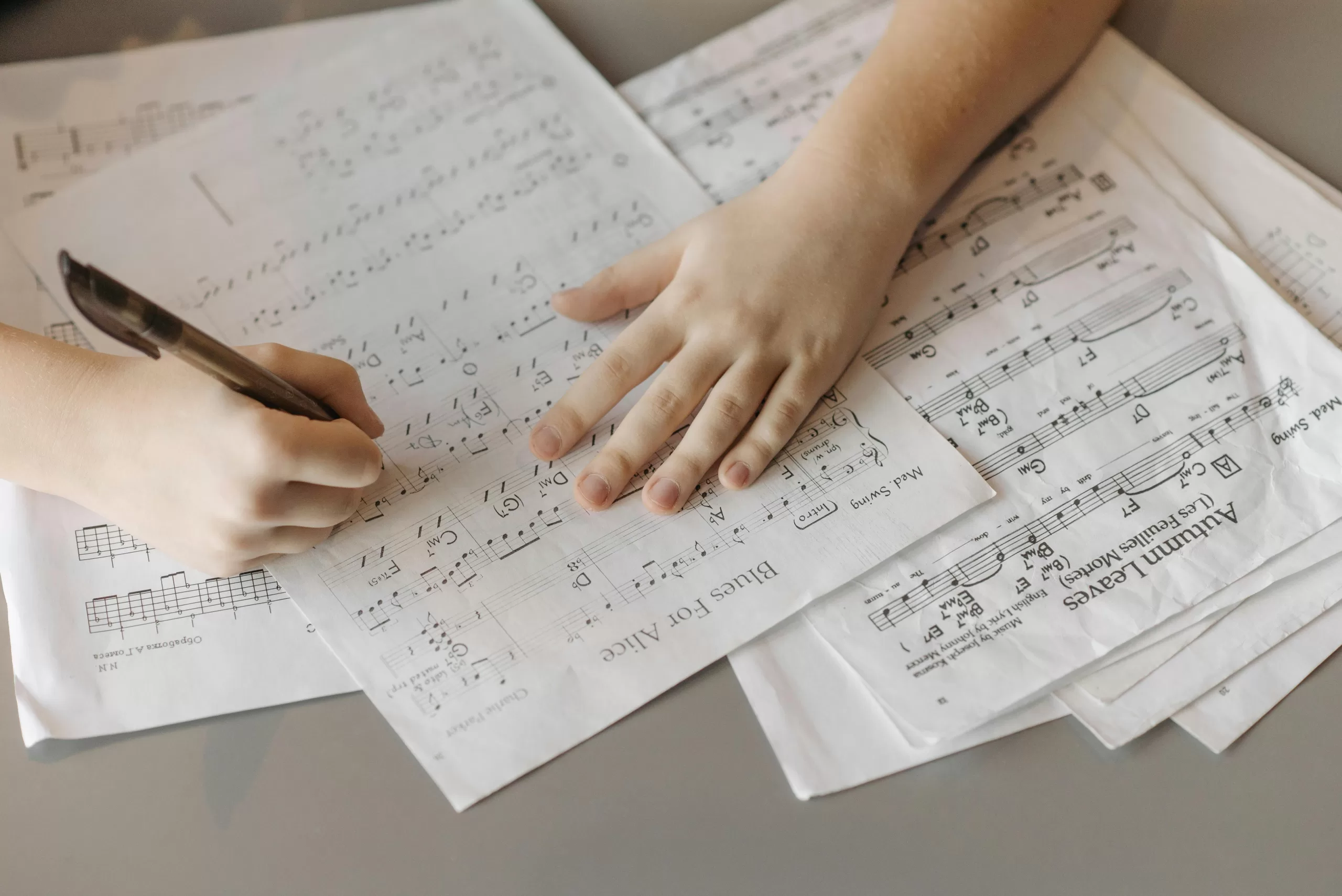
The transition from ABRSM Grade 5 to Grade 6 in music theory marks a significant shift from foundational knowledge to advanced analytical and creative skills. Grade 6 emphasises skills-based assessments, including composition and analysis, requiring higher-order thinking. Students should adopt independent study habits and anticipate a longer preparation period for success.
-
How to Ace Your ABRSM Grade 5 Theory Exam with Confidence
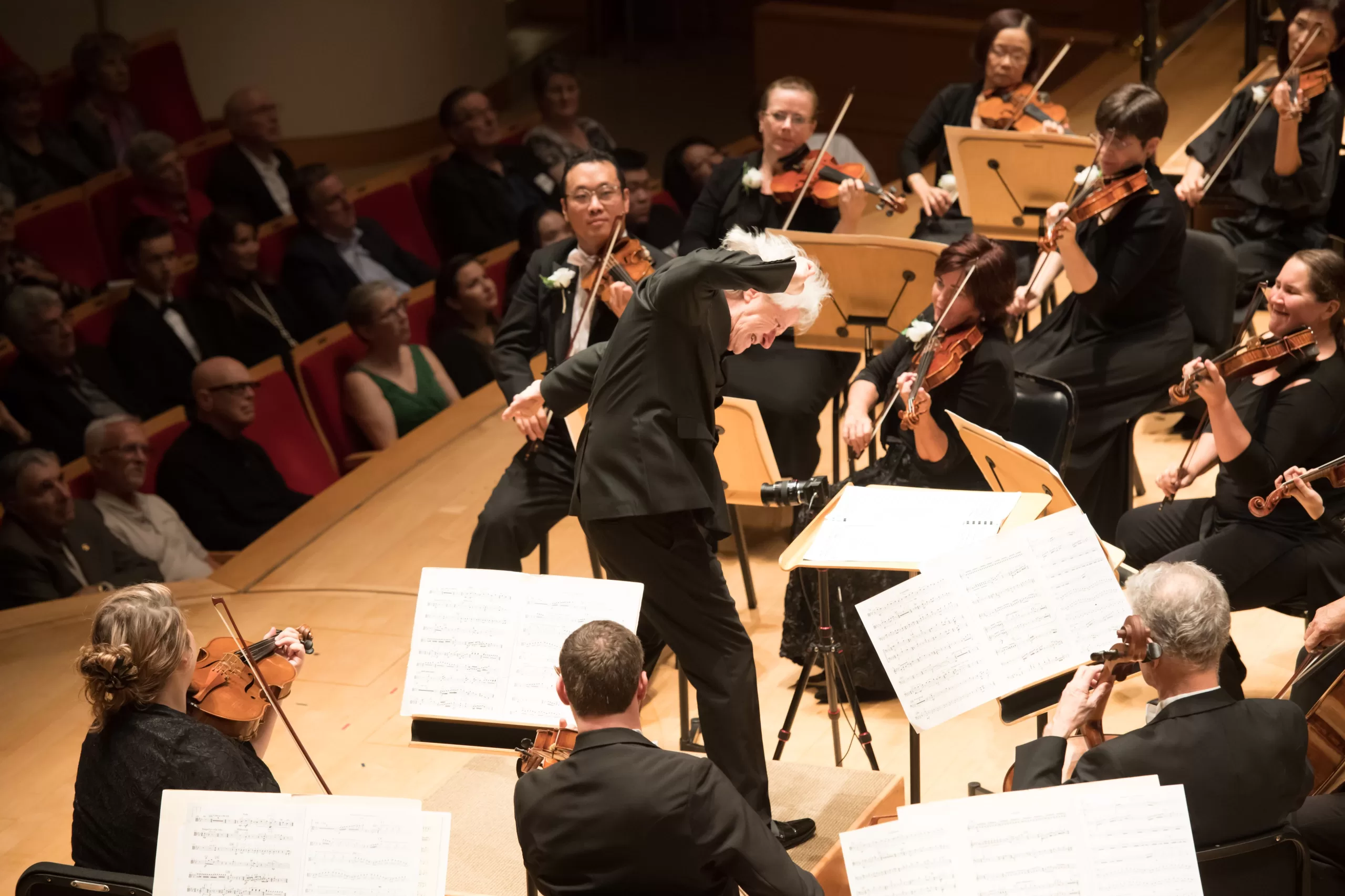
The ABRSM Grade 5 Music Theory exam enhances musicians’ skills, facilitating progress in practical grades and music comprehension. Success requires strong foundational knowledge, a tailored study routine, peer support, consistent practice, and effective time management. With proper preparation and encouragement, students can excel in this crucial step toward deeper musical understanding.
-
Understanding Music Theory for Every Musician

Most of us think that music theory is only a thing for the exams; it’s much more than that. It explains how music works and why some pieces sound the way they do. If you are starting out or have been playing for a while, learning theory can open new ways to enjoy, perform, or even create music. In this article, I will be covering why music theory matters.
-
GCSE Music Composition: Tips for Success in Exams
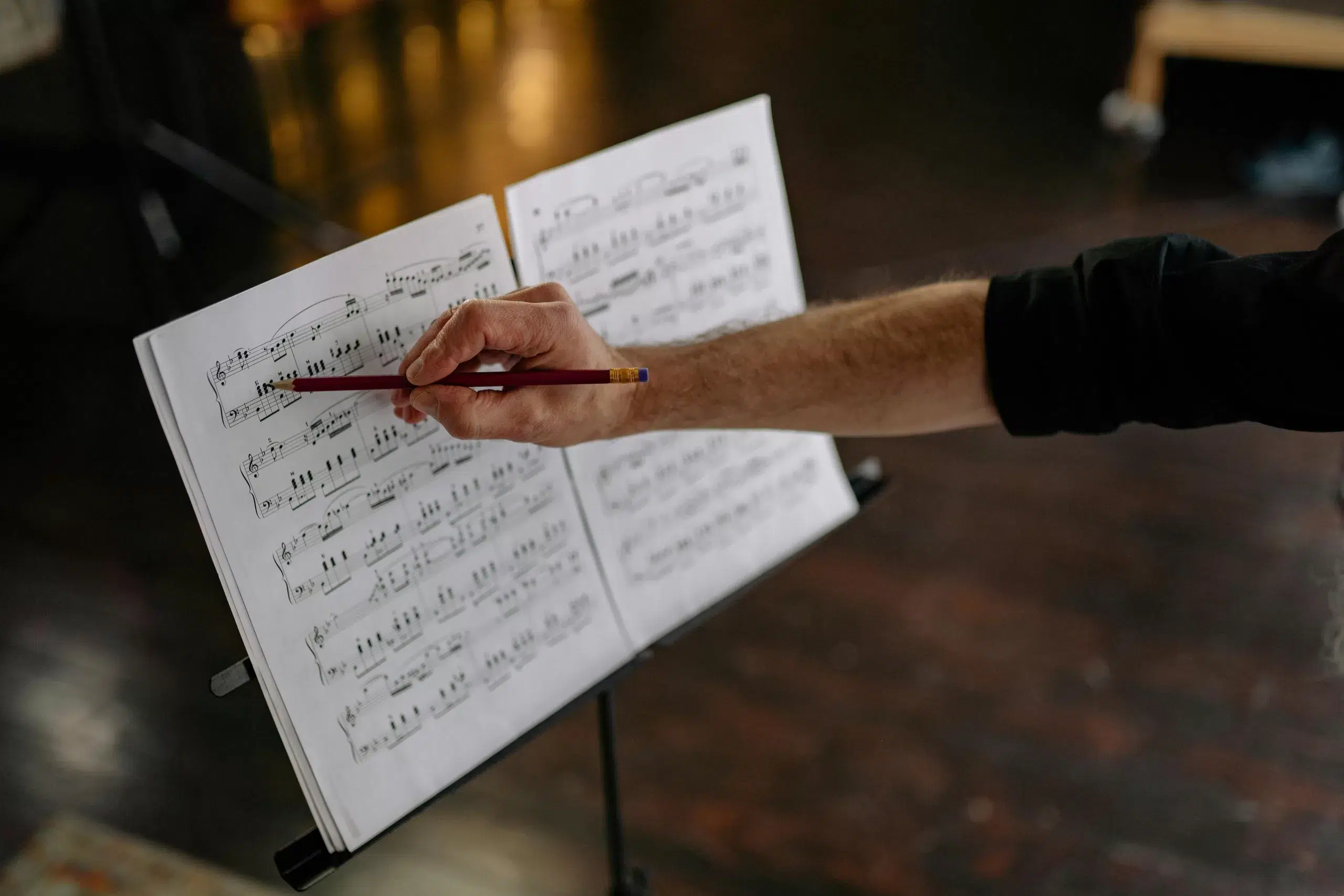
Composing music is an enriching creative process that enhances skills and musical understanding, particularly for GCSE Music. It involves organizing melodies, harmonies, and rhythms, structured in key stages. Students create contrasting pieces evaluated on ideas, structure, medium, technique, and score presentation. Individual lessons offer tailored guidance for personal or academic growth.
-
Understanding A Level Music: A Definitive Guide
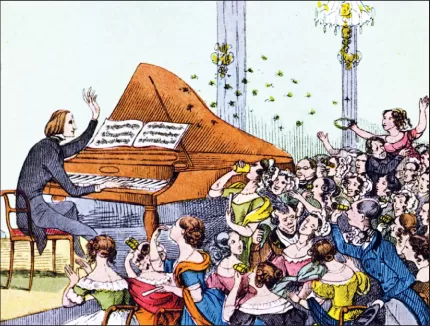
As the final step before pursuing higher education or a career in music, A Level Music serves as a critical foundation for students passionate about the art of music. This qualification not only deepens their understanding of musical concepts but also develops practical skills that are essential for a career in the music industry. Below…
-
How to Excel in A Level Music Composing: Tips from a Composer

I am a composer in my professional life, and I understand firsthand the challenges and rewards that come with composing music at A Level. This component is not just about creating a piece of music; it’s an opportunity to express your musical identity while demonstrating technical and creative skills. As you embark on this journey,…
-
Intensive ABRSM Grade 5 Music Theory Course: How it Works?
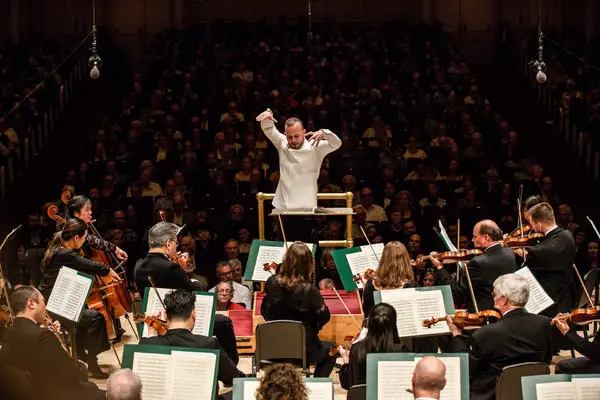
Tackling ABRSM Grade 5 Music Theory can feel daunting—especially if you’re juggling other commitments or need to prepare quickly for higher-level instrumental exams. That’s where my One-to-one Live Online Intensive ABRSM Grade 5 Music Theory Course comes in.
-
Why Learning Terms & Signs Matters in Grade 5 Music Theory
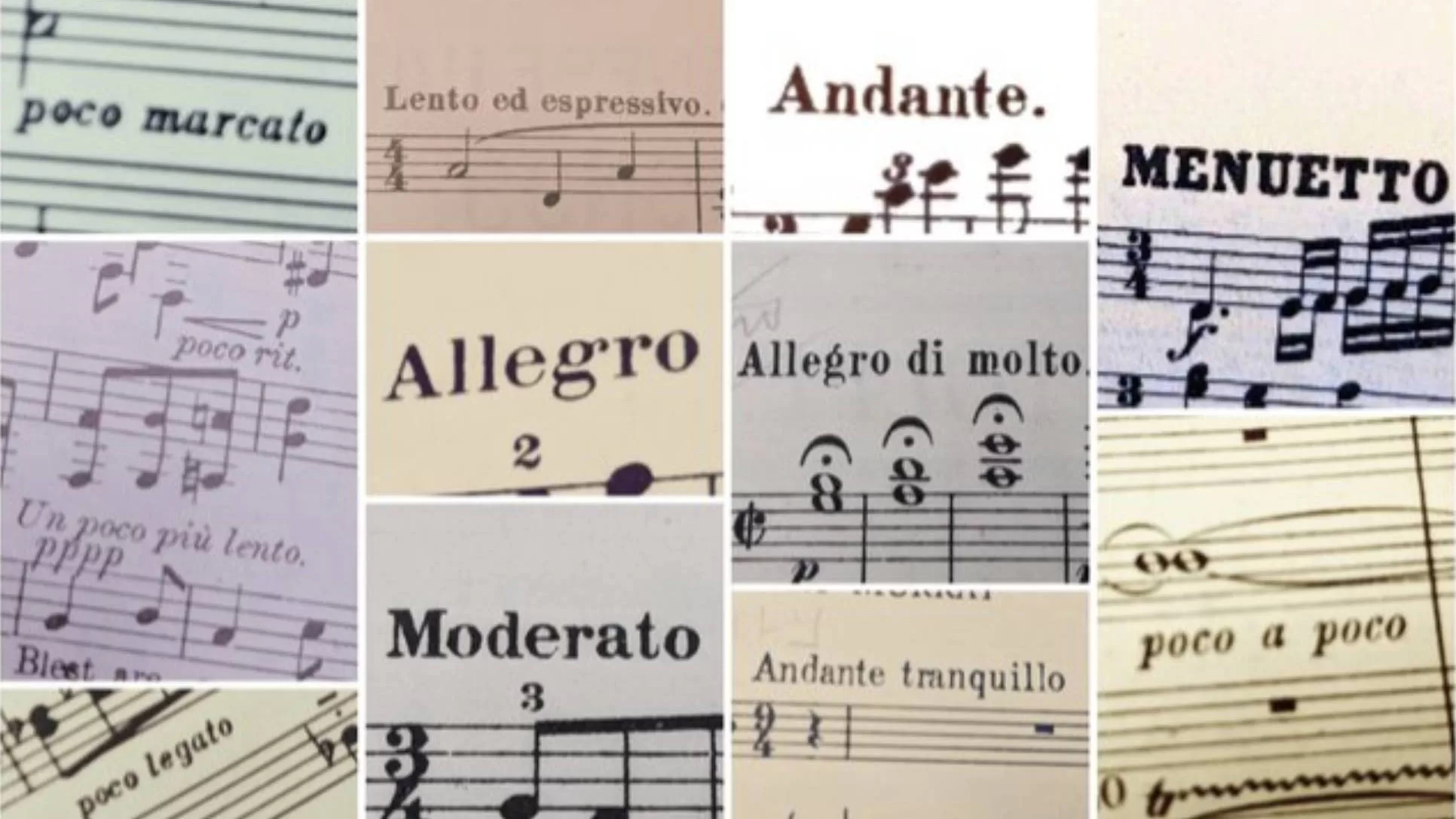
Preparing for the ABRSM Grade 5 Music Theory Exam involves mastering 134 essential musical terms. While it may seem daunting, these terms enhance your performance, interpretation, and exam success. Understanding dynamics, articulation, and expressions not only earns easy marks but also builds confidence and improves your overall musicianship.
-
Introducing ABRSM Grade 7 Music Theory

Preparing for the ABRSM Grade 7 Music Theory exam is an exciting step for students looking to deepen their understanding of harmony, structure, and stylistic practices across music history. As a bridge to the advanced concepts of Grade 8, this grade builds on everything learned in earlier levels while adding new challenges designed to refine…
-
What Makes an Effective Music Tutor?
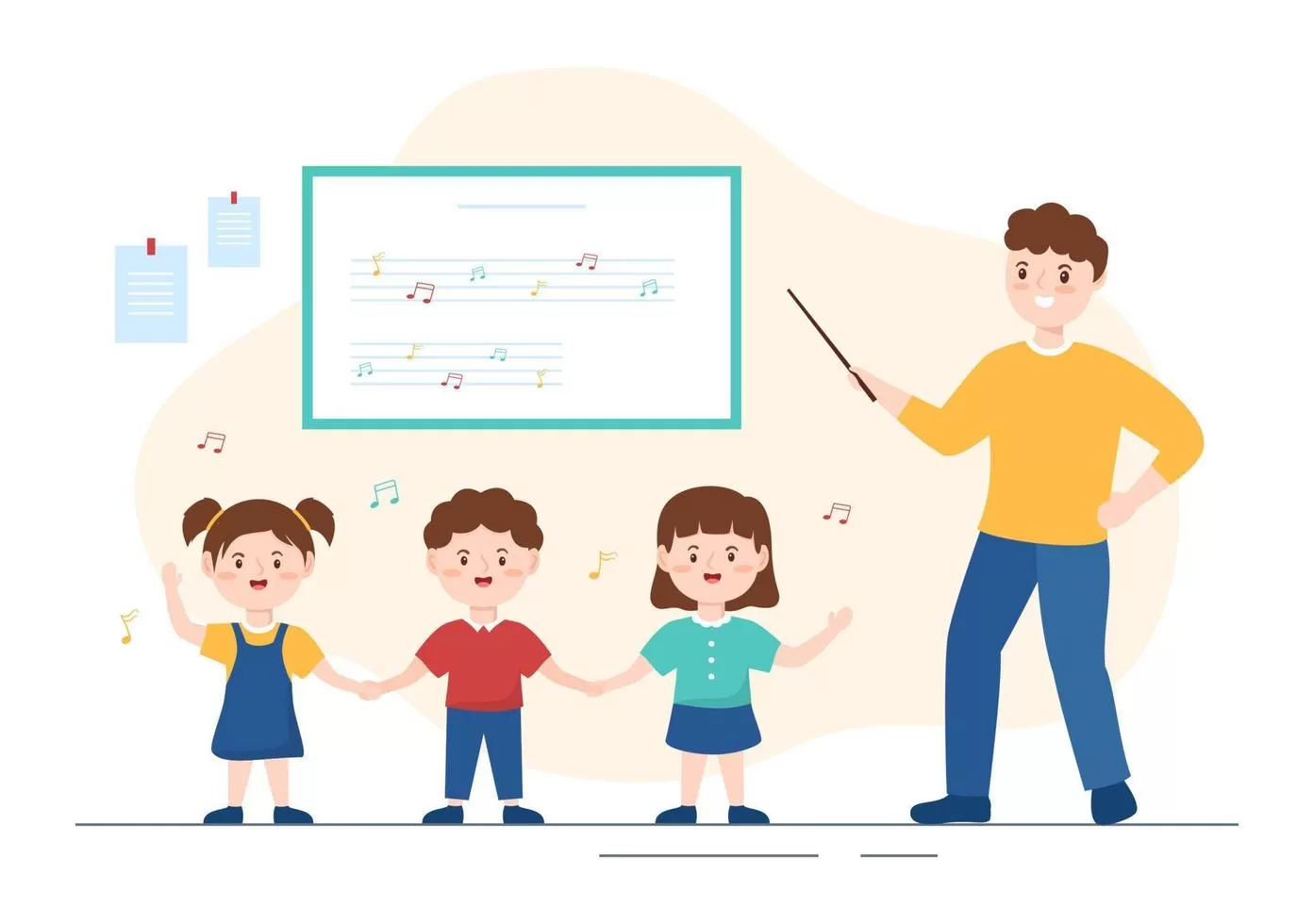
As a music tutor, my role extends beyond teaching notes and rhythms; it’s about inspiring students, nurturing their creativity, and helping them find their unique voices in music. Drawing from more than 10 years of experience, here are some key elements that you may want to know.
-
Essential Tips for Success in GCSE Music Listening
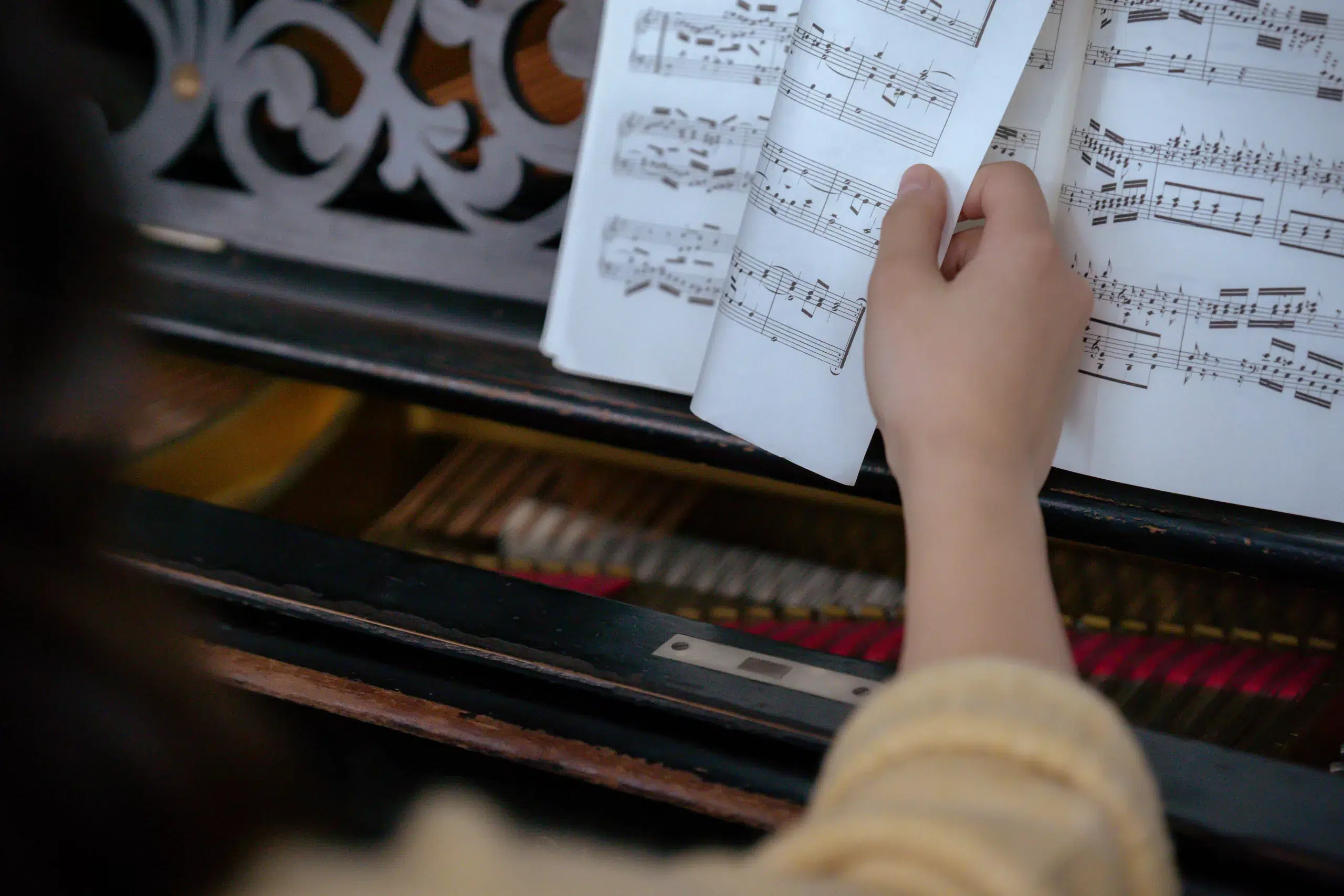
The GCSE Music listening component evaluates students’ understanding of musical elements such as melody, rhythm, harmony, and style. Key skills include identifying instruments, analyzing compositions, and contextual discussions. Preparation strategies involve active listening, expanding musical vocabulary, and using past papers for practice. Engaging with music enhances both analytical skills and appreciation for the art form.
-
A Walkthrough to ABRSM Grades 1-5 Music Theory Exam
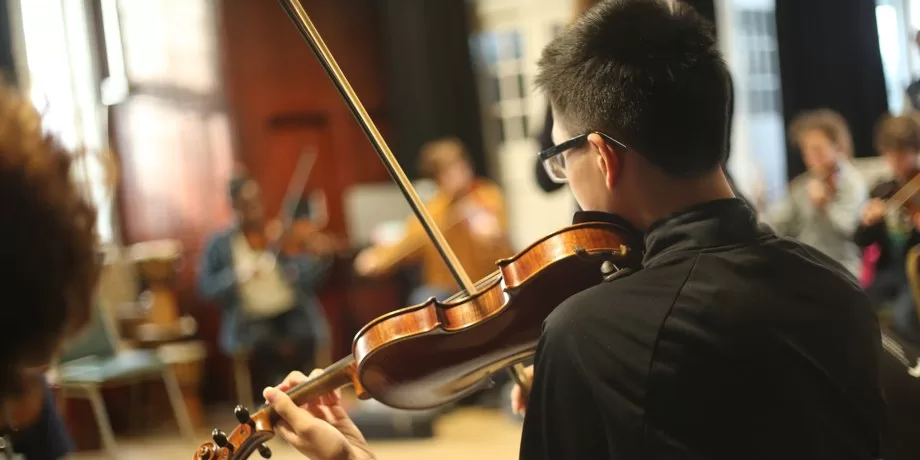
I believe that music theory is fundamental in developing oneself to become high-level musician. This guide provides all the information you need to prepare for, enter, set up, and take an ABRSM Music Theory exam.
-
Who Was Wolfgang Amadeus Mozart?

Few composers have made as significant an impact on the world of music as Wolfgang Amadeus Mozart. Born on January 27, 1756, in Salzburg, Austria, Mozart was not just a prodigy; he was a revolutionary figure whose works transcended the norms of his time. With an extraordinary ability to craft intricate melodies and harmonies, his…
-
ABRSM Grade 5 Music Theory: List of Terms

Here’s the official list of 134 terms you need to know for your ABRSM Grade 5 Music Theory. Mozart is watching you…
-
Succeeding in IGCSE Music Exam: Insights from An Examiner
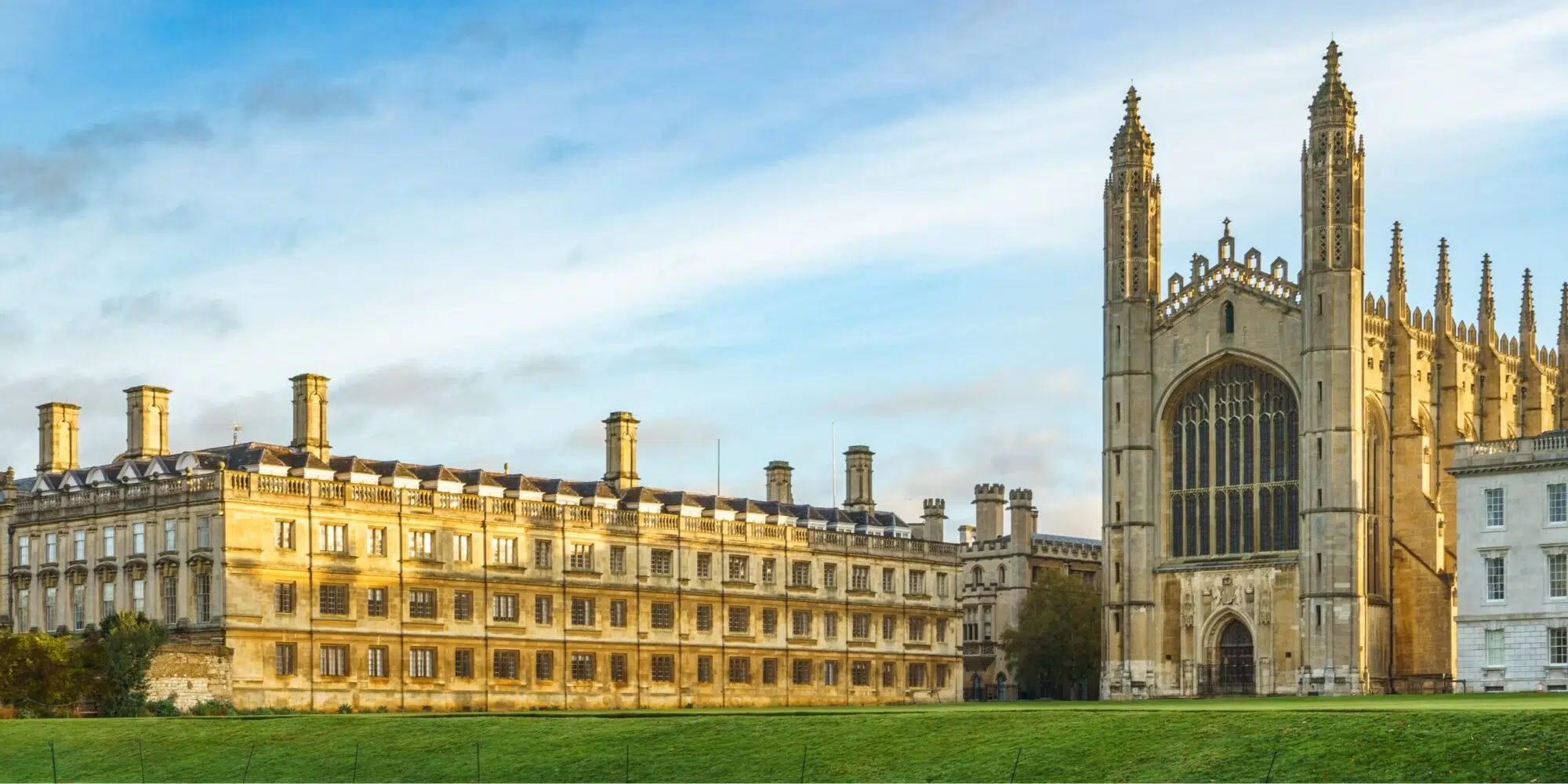
The IGCSE Music exam is an exciting yet demanding qualification, offering students the opportunity to showcase their knowledge, creativity, and practical skills. It tests your ability to understand, perform, and compose music through three key components: listening, performing, and composing. To succeed, you’ll need not only technical proficiency but also a well-rounded approach to preparation.…
